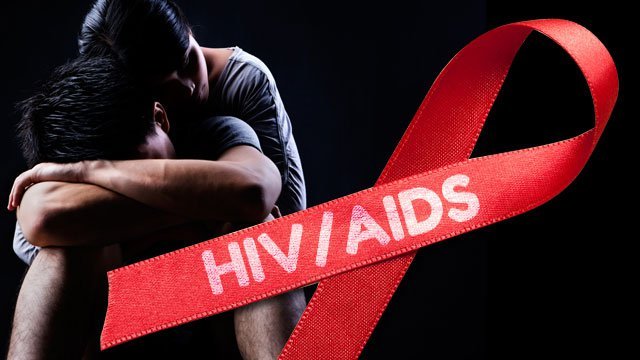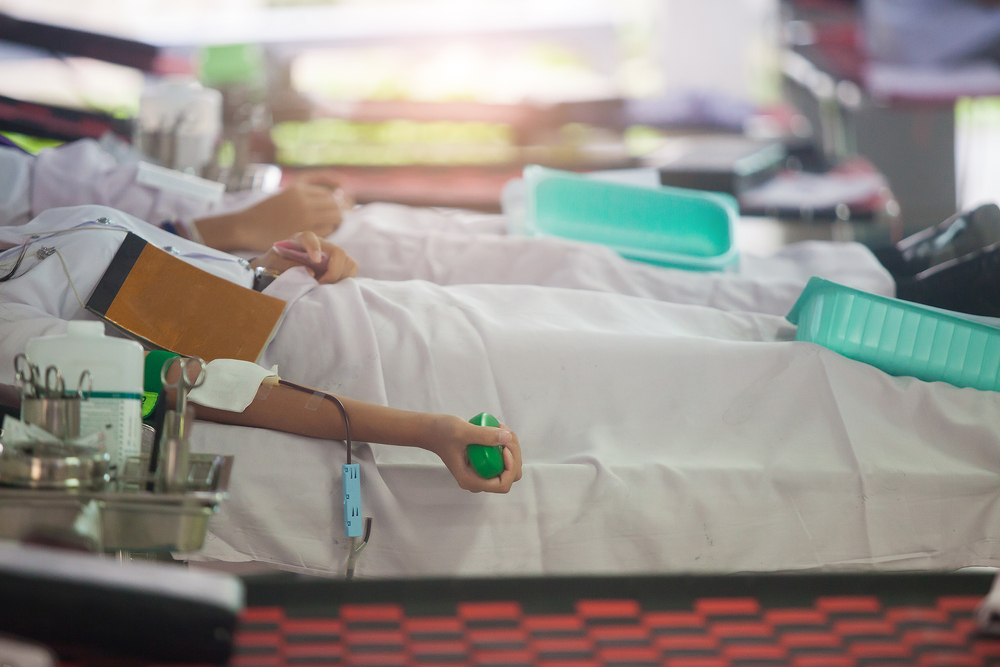Contents:
- Medical Video: Medical Animation: HIV and AIDS
- You cannot get HIV if you associate with people with HIV / AIDS
- You can get HIV from oral sex
- You can still have children despite being HIV positive
- HIV sufferers can still live long
- You can still transmit HIV even after taking medication
Medical Video: Medical Animation: HIV and AIDS
According to a report from WHO in 2014, there were around 36.9 million people living with HIV. This disease is now considered an incurable disease. The following is further information about this condition.
Human immunodeficiency virus (HIV) attacks your immune system. Viruses make you more susceptible to infections and certain types of cancer. HIV can be managed and controlled with antiviral drugs, but until now still no cure has been found.
You cannot get HIV if you associate with people with HIV / AIDS
Although rare, viruses can also be transmitted through:
- Infected blood from wounds in the mouth and gums bleed, such as through "deep" kissing, biting through the skin and eating food that has been chewed by people who are HIV positive.
- Needles and objects that penetrate the skin contaminated with HIV, especially needle scars in medical situations
- Blood and clotting factors for transfusion, and organ and tissue transplants
- Mothers infected with HIV can transmit the virus to the baby (before or during labor) and by breastfeeding.
Many people are afraid that physical contact or kissing someone who has HIV can make them infected. In fact, the HIV virus does not live on the skin and cannot last long outside the body. Casual contact, such as holding hands, hugging, sitting next to someone who is HIV positive, does not cause HIV transmission.
It is important to have safe sex to protect yourself from HIV. For example: using a condom during vaginal, anal and oral sex to reduce risk, or discuss with your partner about your HIV status to ensure safety.
There are various ways to protect yourself from viruses, because sex is not the only way to get infected with HIV. For example: avoid sharing needles for intravenous injections, using clean needles, etc.
READ ALSO: 3 Groups at Risk of HIV / AIDS Besides Gay and CSWs
You can get HIV from oral sex
Oral sex can still transmit HIV, but the risk is relatively low. If someone who receives oral sex has HIV, then blood, semen, or vaginal fluids can contain a virus. If someone who has oral sex has HIV, blood from the mouth can enter the recipient's body through the urethral layer (opening at the tip of the penis), vagina, cervix, anus or through a wound. But this can only happen if the oral sex provider has a wound in the mouth.
You can still have children despite being HIV positive
Fertile women who are infected with HIV can still have children. If the mother and baby use antiretroviral drugs, HIV positive women can have HIV-negative babies.
Without using drugs, mothers infected with HIV can transmit the virus to babies (before or during birth) and by breastfeeding. But if the mother and baby, or just one of them, use ARVs in the short term, usually nevirapine and zidovudine, the transmission rate drops significantly. This treatment is available free of charge at government clinics and hospitals.
READ ALSO: Undergoing Pregnancy When You Are Positive HIV
HIV sufferers can still live long
Your life does not end just because you are HIV positive! There is no cure or vaccine for HIV / AIDS. But antiretroviral therapy (ART) can help HIV positive people live longer and healthier. In addition, it has been confirmed that ART prevents further HIV transmission.
You can still transmit HIV even after taking medication
Antiretroviral drugs help HIV positive people - even AIDS - to live longer, normal and productive. If it works well, these drugs can reduce the amount of virus in the blood so that it does not appear on a blood test. However, research shows that the virus is still "hiding" in other areas of the body. It is important to keep sexual intercourse safe so that you do not transmit the HIV virus to other people.
READ ALSO: 10 False Assumptions About HIV












